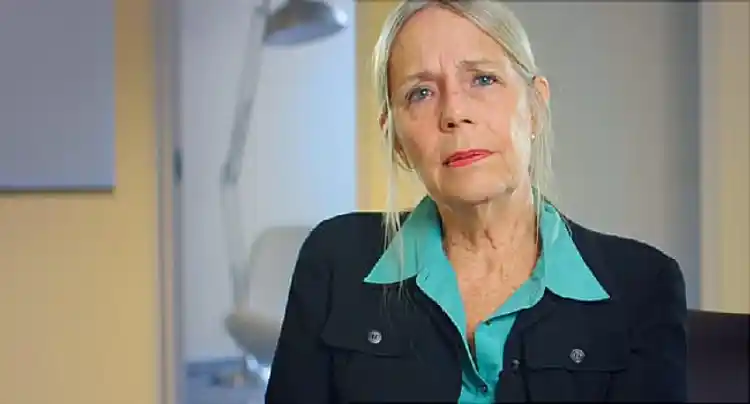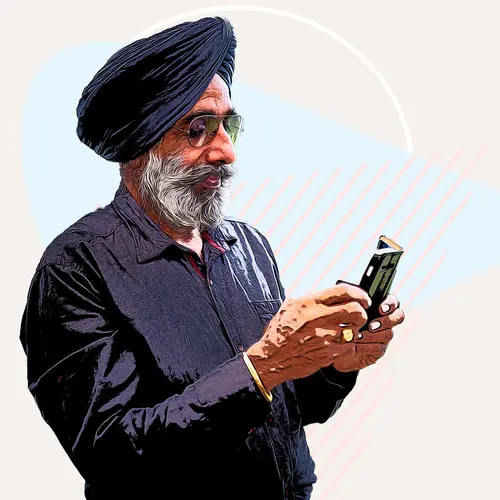What to Expect: Colorectal Cancer

Hide Video Transcript
Video Transcript
ERIKA, COLORECTAL CANCER SURVIVOR
The first recommendation I make to people is, decide that you want to live. It took almost two years for me to get a diagnosis of late stage colorectal cancer. I didn't think I was going to die. I didn't know what was going to happen. My immediate reaction was wanting to get right into life, and my life was about swimming every morning. ERIKA, COLORECTAL CANCER SURVIVOR CONT
I know it gave me a lot of comfort to get back in the water. I recommend that somebody learn as quickly as they can how to address this disease, learn what this disease is. This is not something that I did. I dropped out of life as I took the six months of chemo. ERIKA, COLORECTAL CANCER SURVIVOR CONT
I hid in a basement. I didn't respond to phone calls. Isolation almost did me in. There was one person who was sort of a weak link in my network. She had colon cancer, and she was finished with her treatment. And she called me just to tell me that she hoped that I knew that she ERIKA, COLORECTAL CANCER SURVIVOR CONT
was thinking of me. And I told her then that I was thinking of stopping, and she said, oh, I hope you don't do that because it's insurance for you, and I hope that you'll stay with it. And something about that phone call and the fact that somebody else had gotten through it kept me doing the treatment. ERIKA, COLORECTAL CANCER SURVIVOR CONT
So I completed the six months of chemo even though it wasn't particularly fun. It was very punishing actually. When I was diagnosed 13 years ago, nobody wanted to have anything to do with talking about colorectal cancers or disease. Makes it very, very difficult to the patient. I felt that an important survival piece for me was ERIKA, COLORECTAL CANCER SURVIVOR CONT
to continue to learn as much as I could, so that should it recur, which it can do and does so frequently within the first five years, I would live. 